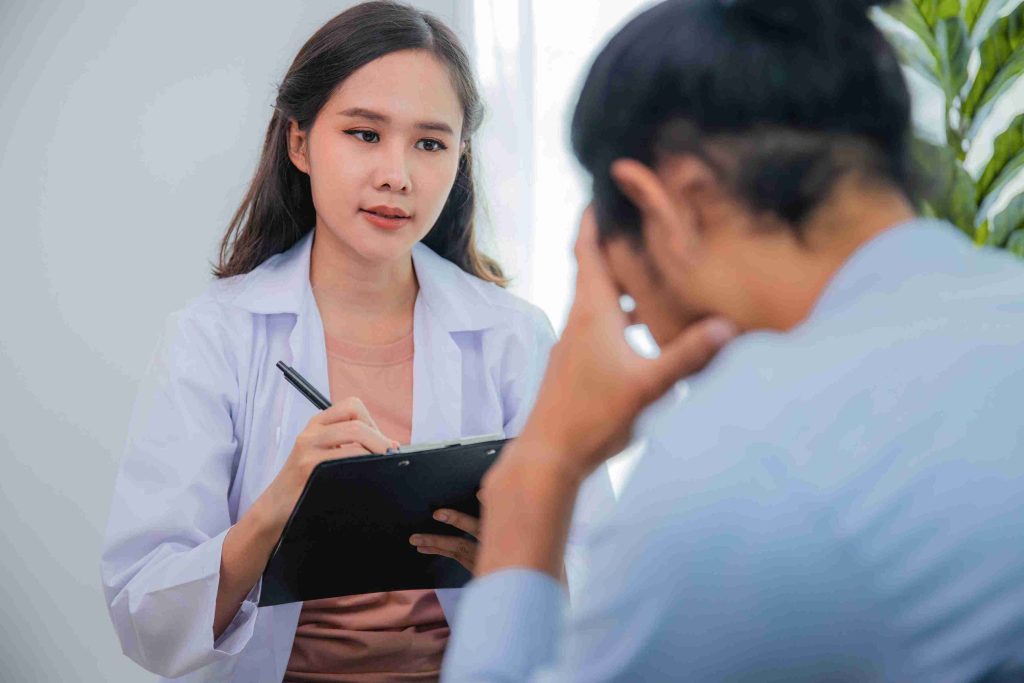Colonoscopy vs Virtual Colonoscopy: Pros and Cons

Key Takeaways A traditional colonoscopy remains the most accurate method for detecting and removing colorectal polyps in a single procedure. Virtual colonoscopy is less invasive and quicker but cannot treat abnormalities if they are found. The right screening option depends on medical risk, patient preference, and the need for definitive diagnosis. Understanding the strengths and […]
Colonoscopy vs Colon Imaging: Accuracy, Comfort and Screening Insights

Key Takeaways Colonoscopy remains the most accurate method for detecting colon abnormalities, including polyps and early cancers. Colon imaging techniques, such as CT colonography, are less invasive but may not detect smaller lesions as reliably. Comfort and preparation differ between procedures, influencing patient preference and adherence to screening. Choosing the right method depends on medical […]
The Science Behind How Colonoscopy Works

Key Takeaways Colonoscopy is a gold-standard procedure for detecting and preventing colorectal diseases, including cancer. The procedure allows direct visualization of the entire colon, enabling diagnosis, biopsy, and polyp removal in one session. Understanding the science and mechanics of colonoscopy helps patients prepare effectively and reduces anxiety. Colonoscopy is both diagnostic and therapeutic, making it […]
Why Skipping a Colonoscopy Can Be Dangerous

Key Takeaways Colonoscopy is a crucial screening tool for early detection of colorectal cancer and other gastrointestinal conditions. Delaying or skipping a colonoscopy increases the risk of late-stage disease, complications, and reduced treatment options. Colonoscopy can prevent colorectal cancer by identifying and removing polyps before they turn malignant. Regular colonoscopy screenings, as recommended by healthcare […]
Colonoscopy in Patients on Anticoagulants

Colonoscopy is one of the most important diagnostic and therapeutic procedures in gastroenterology. It allows doctors to visualize the colon, detect abnormalities such as polyps, inflammation, and cancer, and even perform interventions like biopsy or polyp removal. However, for patients who are taking anticoagulant medications, undergoing a colonoscopy requires careful planning and coordination between healthcare […]
Common Mistakes in Colonoscopy Bowel Prep

Colonoscopy is considered a very important screening procedure for detecting polyps, colorectal cancer, and other gastrointestinal issues. However, its accuracy largely depends on how well your bowel is prepared beforehand. A clean colon allows doctors to clearly visualize the intestinal lining, while an inadequate bowel prep can obscure findings and lead to missed diagnoses or […]
Aftercare: When to Call Your Doctor Post-Colonoscopy

A colonoscopy is a valuable procedure that helps detect and prevent colorectal diseases, including cancer. While the procedure itself is generally safe and well-tolerated, proper aftercare is crucial to ensure a smooth recovery and identify any potential complications early. Knowing when to call your doctor post-colonoscopy can make a significant difference in your health outcome […]
Saving Lives: How Colonoscopy Lowers Cancer Risk

Colon cancer is one of the most preventable forms of cancer, yet it remains a leading cause of cancer-related deaths around the world. One powerful tool in the fight against this disease is the colonoscopy, a screening procedure that not only detects early signs of cancer but also removes precancerous polyps before they turn into […]
Family History and the Importance of Early Colonoscopy

Colorectal cancer is one of the most common cancers worldwide, but it is also one of the most preventable when detected early. Family history plays a significant role in determining the risk of developing this disease. For individuals with close relatives who have had colorectal cancer or advanced polyps, undergoing colonoscopy earlier than the general […]
What Happens If You Skip Your Recommended Colonoscopy?

A colonoscopy is more than just a routine screening—it’s a potentially life-saving procedure. Recommended primarily for early detection and prevention of colorectal cancer, a colonoscopy allows doctors to examine the inner lining of the colon and rectum for abnormalities. However, many people hesitate to schedule it due to fear, embarrassment, inconvenience, or misunderstanding of its […]
